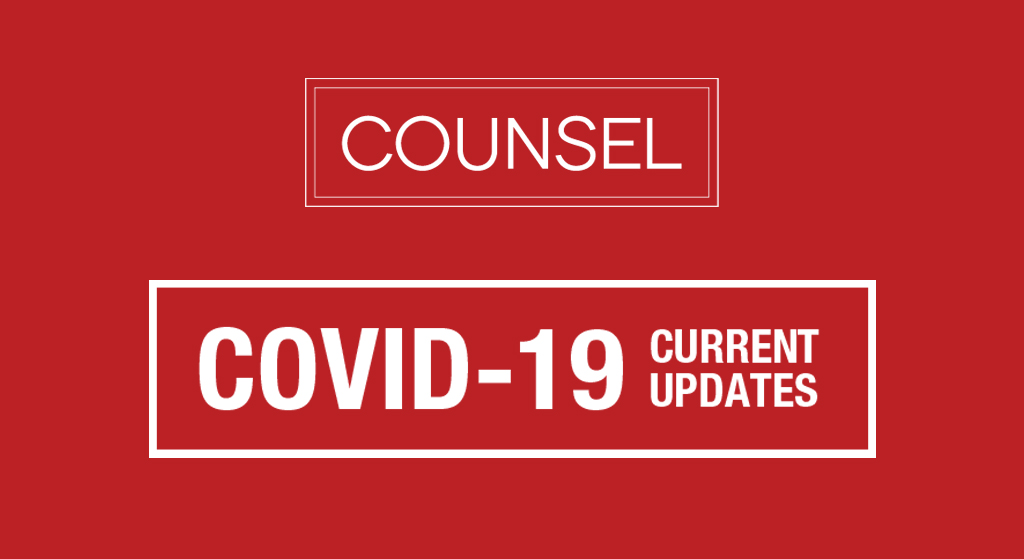We are sharing a short update today on the federal government’s announcements regarding the Canada Summer Jobs Program and further clarification of their plans for the Canada Emergency Wage Subsidy.
Canada Summer Jobs Program
Today Prime Minister Trudeau announced an increase to the wage subsidy for the Canada Summer Jobs Program for this year only, so that private and public sector employers can receive up to 100 per cent of the provincial or territorial minimum hourly wage for each employee. This is up from the 50 per cent subsidy in previous years.
Employer applications to the Canada Summer Jobs program for the 2020 season closed at the end of February. Typically, the government works with Members of Parliament to select local employers who will receive the wage subsidy from among those who applied. However, the news release announcing the program changes notes that the government will work with MPs “to identify organizations that provide essential services in the community and could provide youth jobs, but did not apply for the Canada Summer Jobs program in 2020.” Accordingly, employers who did not apply but would like to access the program are encouraged to reach out to their Member of Parliament.
In addition to the increased summer job wage subsidy, the program will temporarily include:
- an extension to the end date for employment to February 28, 2021
- allowing employers to adapt their projects and job activities to support essential services
- allowing employers to hire staff on a part-time basis
The Canada Summer Jobs Program provides wage subsidies to employers from not-for-profit organizations, the public-sector, and private sector organizations with 50 or fewer full-time employees, to create quality summer work experiences for young people aged 15 to 30 years.
Canada Emergency Wage Subsidy
The Prime Minister and Finance Minister provided more details on proposed changes to the Canada Emergency Wage Subsidy. The changes announced today recognize that non-profit or “fast growth” companies are experiencing rapid declines in revenue that could impact employment, but may not be able to show a 30% decline relative to the same period last year.
Businesses will now be able to qualify for the wage subsidy if they show a decline of 15% of revenues in March, rather than 30%. This accounts for initially gradual economic impact of pandemic. They will still need to be able to show a decline of 30% of revenues in April and May.
Businesses will have the option of using the average revenue of January and February of this year to show a loss of 30% of average revenue compared to March, April or May. This will help fast growth businesses that do not have comparable revenues this year compared to last year.
This government is also providing flexibility for charities and non-profits to include or exclude government funding when they calculate loss of revenue. This allows organizations that have experienced a steep drop in donations to qualify.
In addition, the government will reimburse employer contributions for Employment Insurance, the Canada Pension Plan or Quebec Pension Plan for organizations that qualify. It will also allow organizations to use the accrual method or cash method for calculating revenue. Organizations will have to apply each month and attest to the revenue drop each month. Applicants will have to designate someone with control over their finances to apply.
Any business that receives the wage subsidy but is ultimately deemed ineligible will have to repay. Minister Morneau said that those abusing the program could face a 225% penalty and 5 years in prison.
These changes are still subject to parliamentary approval. On Twitter, Government House Leader Pablo Rodriguez told the opposition parties it was time to “move forward collaboratively,” as a date has not yet been set for parliament to meet in order to pass the required legislation.
Unemployment numbers
Canada’s unemployment rate will be announced tomorrow, with the Prime Minister foreshadowing a dire level of job losses. 1.72 million Canadians have applied for Canada Emergency Response Benefit in the last two days, with 3.87 million total CERB claims processed, including those who previously applied for Employment Insurance but were shifted over to the CERB.
If you have questions, please reach out directly to a member of our federal team:
Sheamus Murphy – smurphy@counselpa.com (613) 323 7607
Bridget Howe – bhowe@counselpa.com (613) 797 8058
Ben Parsons – bparsons@counselpa.com (613) 323 5526

